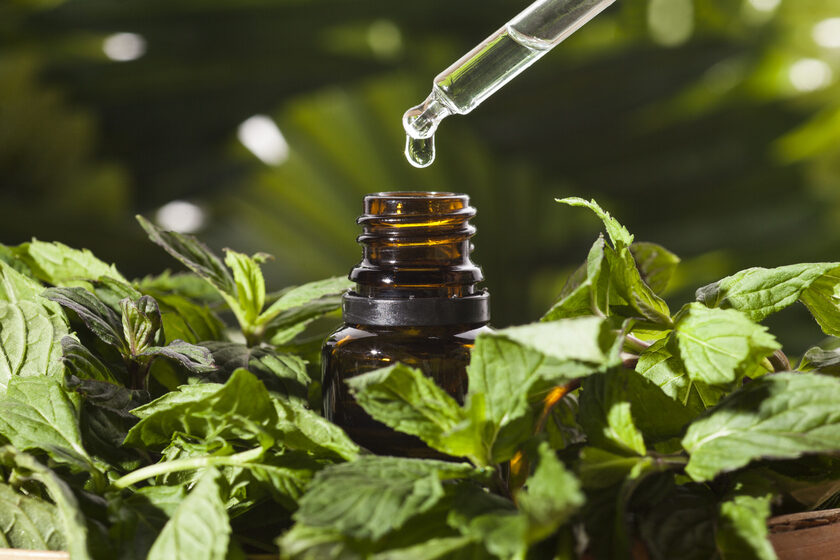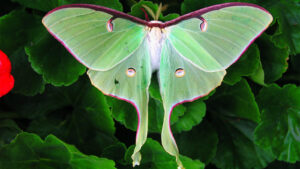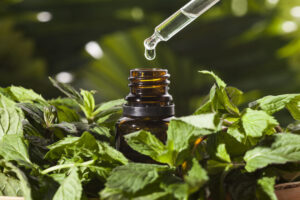
A Gardener’s Guide to Peppermint Oil: Boon or Bane?
Peppermint oil, extracted from the leaves of the ubiquitous peppermint plant (Mentha piperita), has become a household staple. Its invigorating aroma and potent properties have earned it a reputation as a natural remedy for various ailments. But can this versatile oil translate into the realm of horticulture? Can you spray peppermint oil on plants? The answer, like most things in gardening, is a nuanced one, requiring an understanding of both its potential benefits and potential drawbacks.
Unveiling the Power of Peppermint Oil: A Repellent Arsenal
One of peppermint oil’s most well-documented properties is its insect repellent power. The oil’s active ingredient, menthol, disrupts the olfactory and nervous systems of many common garden pests. Aphids, notorious for sucking the sap from plants, find the scent of peppermint oil particularly offensive. Similarly, whiteflies, mealybugs, and even some crawling insects like ants are deterred by the oil’s strong aroma. The science behind this repellency lies in the disruption of insect communication pathways and the creation of a generally unpleasant sensory experience for these unwelcome garden visitors.
Navigating the Nuances: Potential Drawbacks and Safe Application
While the prospect of a natural insect repellent is undoubtedly appealing, it’s crucial to tread carefully when considering using peppermint oil on plants. A lesser-known aspect of essential oils is their potential for phytotoxicity – the ability to harm plants. Undiluted peppermint oil can be harsh and damaging to delicate foliage. Even diluted solutions can irritate some plant species, leading to leaf burn or stunted growth. Therefore, dilution is paramount. A common recipe involves mixing 20-30 drops of peppermint oil with a gallon of water, along with a few drops of castile soap to aid dispersion. When applying the solution, a gentle misting of the undersides of leaves is most effective, minimizing contact with the more delicate upper surfaces.
Organic Alternatives: Exploring Eco-Friendly Pest Control Solutions
For those seeking a more holistic approach to pest control, integrated pest management (IPM) offers a sustainable solution. IPM focuses on preventative measures like encouraging beneficial insects (ladybugs are natural aphid predators) and maintaining good garden hygiene to create an environment less hospitable to pests. For targeted intervention, several organic alternatives exist. Insecticidal soap, derived from fatty acids, effectively smothers soft-bodied insects like aphids on contact. Neem oil, another botanical extract, disrupts the molting and feeding cycles of various pests. These options, while requiring slightly more effort than a peppermint oil spray, pose less risk to your precious plants.
Conclusion: A Balanced Approach to Pest Management
Peppermint oil, with its potent insect-repelling properties, can be a valuable tool in an organic gardener’s arsenal. However, its use requires caution and dilution to avoid unintended harm to your plants. Consider exploring alternative solutions like insecticidal soap or neem oil, or implementing IPM strategies, for a more holistic approach to pest control. Remember, a healthy and balanced ecosystem within your garden is the best defense against unwanted visitors. So, choose your weapons wisely, and protect your verdant haven responsibly.





